

Influencer marketing with travel bloggers has become a native online advertising standard for the tourism industry –but when does it cross the line into propaganda that can potentially cause real-world harm to the reader?

Sympathy for the Devil
Writing about travel is a minefield. And so is putting yourself out there for people to examine, in whatever state they’re in when they’re doing it.
Defamation and libel laws have been used as a weapon by the powerful to silence critics in many countries we’ve visited, where a negative review on Facebook can have severe consequences for the reviewer.
Publishing the ‘wrong’ photo can be subject to activist mobs or heavy-handed punishment under poorly defined lese-majeste laws.
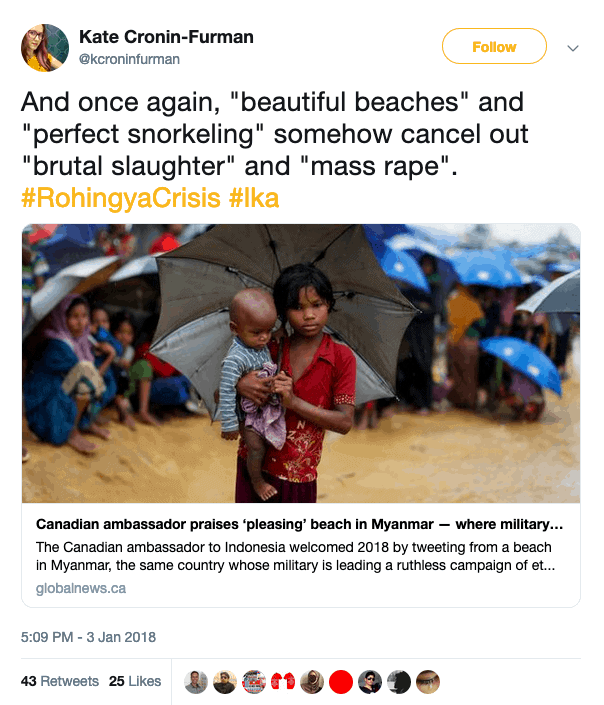
Travel bloggers have also been specifically targeted by criminal opportunists and religious radicals in the countries they visit because they became well-known, to a fault. Even English teachers abroad can understand what I mean by this.
And in the West, sharing certain experiences or opinions can at times be difficult, to say the very least, with today’s cancel culture and heated moral outrage surrounding obligation, language, and diversity.
There’s a lot of reasons to keep content on the up-and-up, neutral, and invisible to trolls; resist the urge to paint experiences too frankly and stories get watered down to protect the personal safety of the author. Wokewashing.
Maybe even political correctness, run amok.
Often readers need to read between the lines on a travel blog in order to find the truth –that means getting to know the writer, their tone, and when they’re being sarcastic or talking out of both sides of their mouth.
The cover-up almost always happens in the adjectives. Other times it’s overt deceit. Sometimes its concealed within ironic imagery.
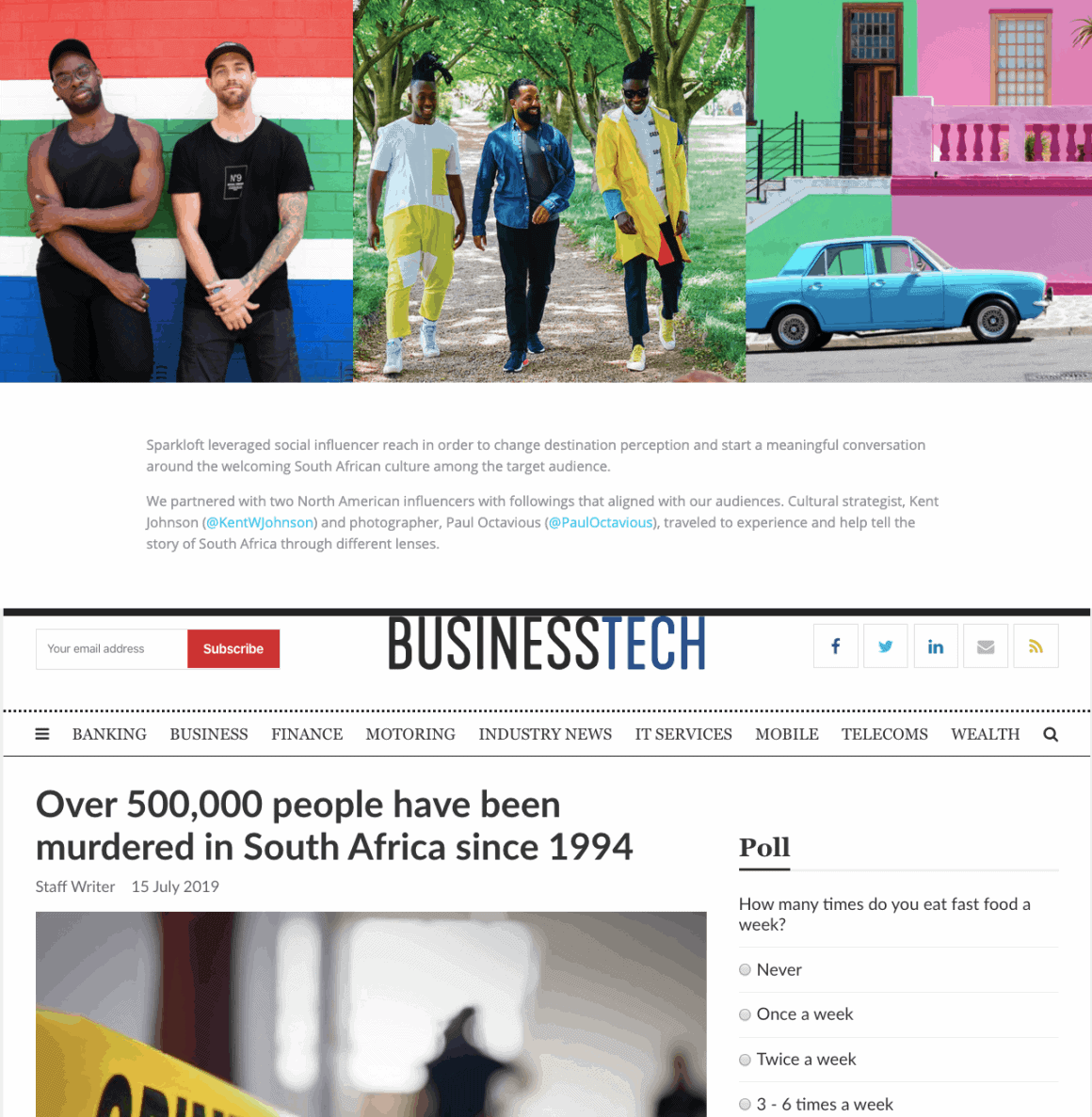
Doublespeak is something that mainstream media, governments, marketing agency spin doctors, and Silicon Valley are good at. It sells a product, it grants a visa, gives tourism a boost, and it’s often not expected from independent content publishers you stan for –the ones just trying to turn their outlet into a fun way to fund their travel.
But there’s a trickle-down effect.
What about those indie publishers who are ignorant to crimes against humanity, travel warnings and other dangers, willfully or otherwise –and choose to do paid work with tourism boards, businesses, or government extensions in countries desperate to improve their image in spite of the danger it poses to tourists or its own citizens?
For example;
The ‘solo female travel’ blogger on the take from a tourism board promoting a destination that is in actual fact a very dangerous place for women.
Or those young, sponsored, cultural relativist couple-types traveling to dangerous places because they believe “evil is a make-believe concept”.
In these cases, does an #ad disclosure exempt independent publishers from all accountability for a sponsorship that is off brand, contradicts the values they typically uphold, or puts readers at risk? And what about the social media users who eat it up and share it?
The line of accountability between content publisher and content consumer is a hot potato.
Any social problem is a sum of many parts. Who is to blame when advertising plays a part in putting people in harm’s way?
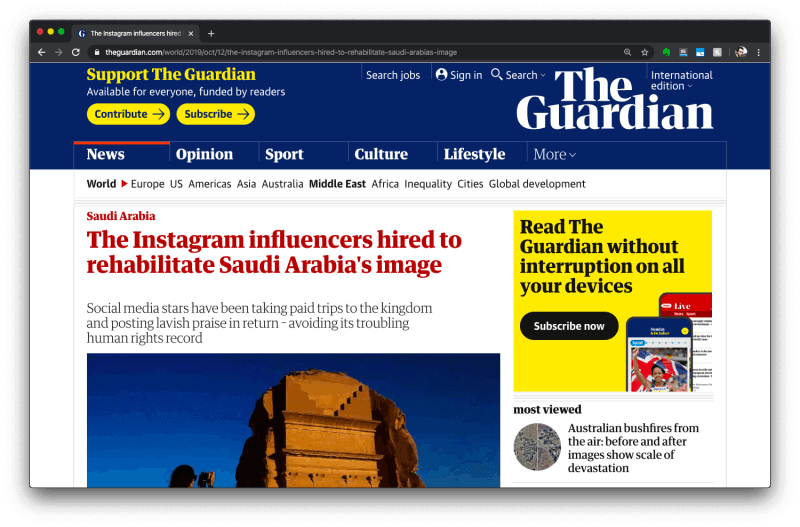
You, in the Details
In 2019 we saw NBA stars, proponents of Hollywood, and prominent YouTube influencers either self-censor or completely tow the line for foreign government(s) who have committed, or are presently committing atrocious crimes against humanity.
But my favourite online personality is different.
Anyone can become an influencer. I estimate that most content consumers choose their favourite blogger over other polished websites and large brands because they believe they are unfiltered alternatives to mainstream media and truly genuine.
They believe that their favourite content publisher may value the same things they value. They have lived through similar challenges and have a shared experience. Trust has been established.
My favourite online personality will not misrepresent the truth, or reality, for quick buck. I’ve read all their old content, they’re legit. They really mean well.
Until they try to capitalise on what they’ve built, or when they start telling the truth, (or “their truth”), and it triggers some bad feels.
And individuals aren’t stupid. Society is aware that influencers aren’t painting a complete picture writ large.
Audiences are critical –but those incomplete pictures create a vacuum in our own mind that is susceptible to self projection.
We sometimes let our guard down. Critical thinking goes out the window, and we fill in the blanks with our own ideals. We see and hear things that are or aren’t there.
When content consumers become content producers, that kind of fantasy can bleed into sponsored engagements.
(Jan. 6, 2020) One understated example of this is the promotion of tourism in Sweden by female travel influencers in partnership with a local tourism office.
At the time of writing this article, the #makeitmalmö Instagram hashtag seems to heavily consist of paid partnerships between influential foreign women with large social media following, and Malmö Town tourism –in spite of astronomical increases in violence against women in the area.
Reputation ManagementThe subject of Rape in Sweden is a prominent modern example of conflicting media reports that confirm, deny, and obfuscate their proverbial warts all at the same time, with wordplay, search optimisation, or ‘accidental’ numerical typos –and then put lipstick on it with influencer marketing.
Undesirable content can be buried with high-ranking independent blogs, a tactic known in the industry as reputation management. It’s like SEO with a propagandistic tilt.

Behind the Veil
According to various sources, only the United States, South Africa, Mexico, Germany, and Australia have higher rates of rape than Sweden today, putting the country in the top spot for rape in Europe per capita. For context, Germany’s population is over 8x that of Sweden.
Statistics for rape in Sweden have been reported as follows; 2003 had 2,235 reported cases, in 2010 there were 5,690, in 2014 there were 6,697, and in 2016 there were 6,715 (with reports that only 142 men were convicted for those that occurred in 2016).
These numbers are before #metoo dramatically increased the number of reported cases all over the world. And again, these are only reported cases.
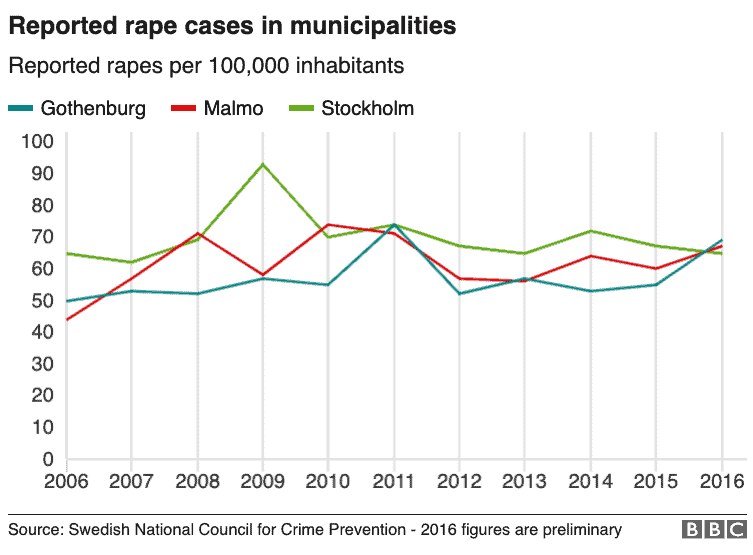
‘Fixing’ Tourism
Influencers promoting the area seem to pay no mind to the severity of the situation. In my view, influencers may be feeding a rape economy.
What makes Sweden unique is that it isn’t a developing country; there is an illusion of safety compared to travel in countries in Southeast Asia where tourists understand the risks more clearly.
Being an easy mark for trolls because of my “toxic white male privilege” and all, I decided to focus on another predominantly white country. There’s plenty of countries far worse for travel I could have focused on, well aware. But that’s where we are as a global society.
Weapons of Mass Coercion
I may be of the last generation who had Media Literacy as an elective in high school.
Before “blog” was a word we analysed news articles to identify naked political or commercial bias. We made connections between the message and its desired consumer outcome.
And we learned about the rules that governed native advertising –before those rules all but fell apart and companies like Cambridge Analytica, Facebook, Twitter, Google, even Pinterest, and “Russian bots” started manufacturing public opinion through omission with cold, computational accuracy.
Once removed from the curriculum, exposed minds were less likely to be inoculated for hidden messages and subtle coercion. Media standards began to erode at a faster pace, and here we are.
And all at the same time, mainstream publishers have been putting more accountability on the reader to be media literate when they fib.
When the dam broke, the next generation of content publishers emulated all of it.
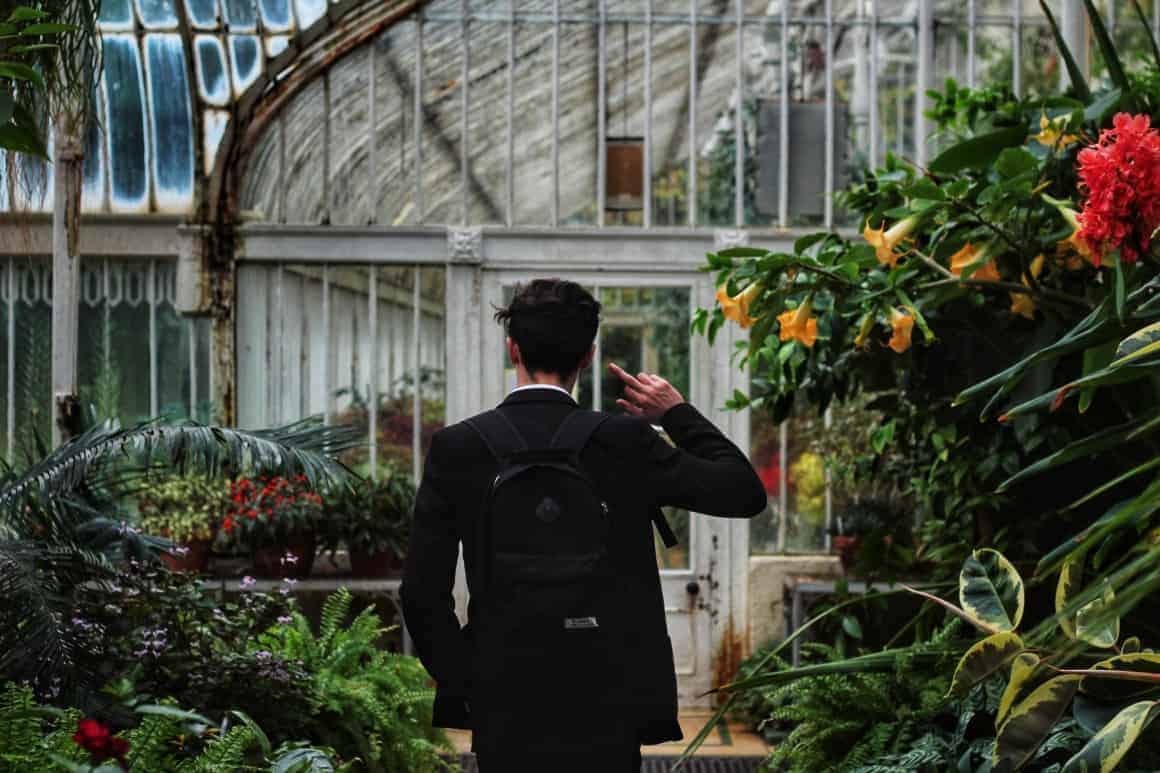
Glass Houses
To be clear; I’ve presented the information within this article as accurately as possible and to the best of my ability –I wouldn’t intentionally misrepresent statistics to libel a tourism board, and I’ve provided sources to be sure. Everything else is little more than an opinion.
I’m critical of those who use influencer marketing to coerce wider audiences into believing something that is dangerously unreal. Reputation management isn’t always a terrible thing; I chose to comment on Sweden specifically because I believe it has been an unabated disaster for over a decade.
With any luck, the Streisand Effect will encourage countries and their governments to work on their problems instead of putting so much time into tailoring their narrative.
Or maybe they’ll just keep silencing bloggers in court with lawsuits that may be weaponising the legal system to bully people expressing their right to free speech.
* * *
We’re self-aware enough to understand that Hobo with a Laptop is in part a travel blog with ‘lifestyle design porn’ dressing –and we’re not immune to criticism from readers who haven’t followed along from the very beginning or met us in person.
Of all sponsors we’ve worked with, we have never been asked by a government or tourism office to put lipstick on a pig. And it’s something we wouldn’t do if we didn’t feel comfortable with defending it.
I’ve also been two-faced; ask me what I think about something in a personal setting and I will likely respond differently than I would on this blog or in front of a microphone. I’ve tried my best to conflate my identity with the brand I represent ‘for authenticity’, but sometimes my hot takes are cooled down or omitted entirely as to not offend a subset of our readers.
While I’ve been commended for being transparent about how we make money blogging, the risks that come with long term travel, and how much hard work it really requires to live the kind of lifestyle we do; I know I’m not going to get a pass from some readers.
At a quick glance, I am your average shit-eating travel blogger.
Read a little deeper and you’ll know I’m well aware that I reside in an industry that’s hilariously over-saturated with utter nonsense.
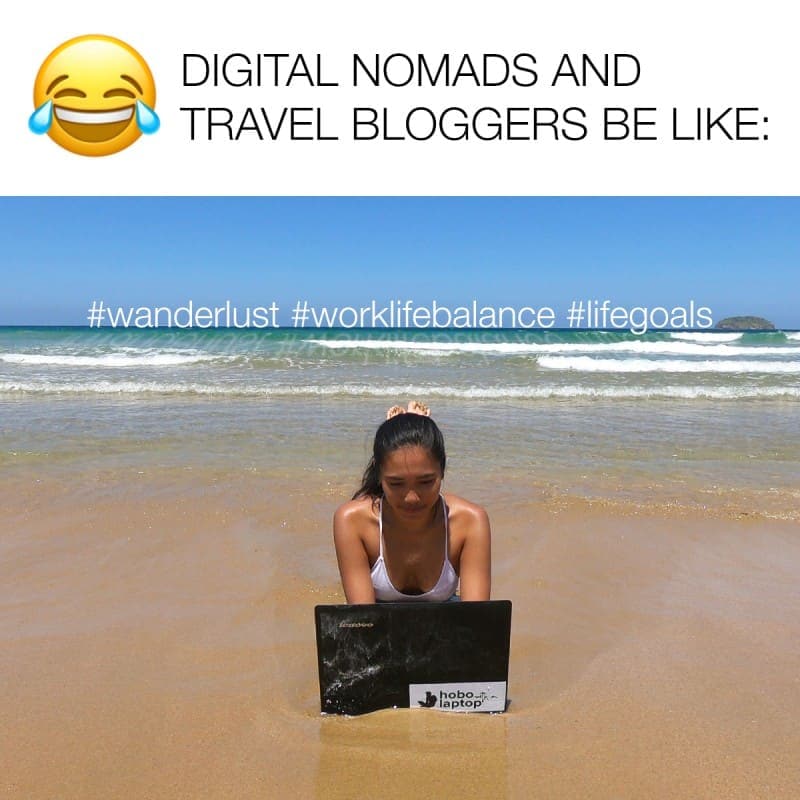
Ongoing Discussion
By now you can understand why I should recuse myself from the debate; I’m too close to the subject material. My last “real job” was in influencer marketing, specifically –and the link below the photo above is an affiliate link.
Case and point, I’m everything a lot of people hate about the internet.
But I will say this; I believe travel makes the traveller aware of other cultures, their struggles, and how they fit into the world. In the 1920’s, travel was considered ‘an education’.
I think it’s a poor choice to ignore those lessons and put our readers at risk –whether knowingly or with good intention, and I’m sure most independent publishers would agree with that.
I think that’s why people choose independent blogs over the mainstream.
* * *
We live in a world where cultural relativity and ignorance are getting people killed, and glorifying troubled locations through travel writing may come across as political support for the regimes or governments therein.
As independent content publishers, can we better serve our readers by helping them understand the goings-on of the places we write about? Would that make us more truthful than mainstream media?
Not all cultures are compatible, some are safer than others, and the culture within some countries is evolving into something different which makes old travel guides outdated.
A guide about Fittja in Botkyrka, Sweden if written today would be very different from a guide written 20 years ago.
Idealising and projecting the wanderlust bullshit of a travel blog about a place that’s almost a war zone today may not be good for readers.
Although, I’d sooner chalk up any romanticised misrepresentation of Sweden to inexperience or ignorance than malice or deceit. Sweden is a beautiful place. But for fuck sakes, recommend pepper spray.
On the flip side of that coin, I live in and promote the Philippines often, without sponsorship; a country that isn’t perfect. Perhaps I too am part of the problem.
What do you think? Leave a comment below and add to the discussion or share it on Twitter if you think it’s worth talking about.





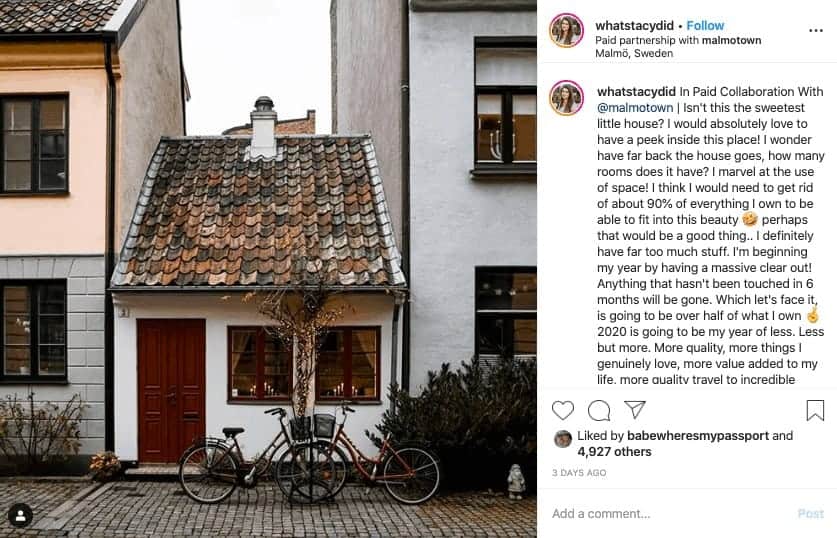
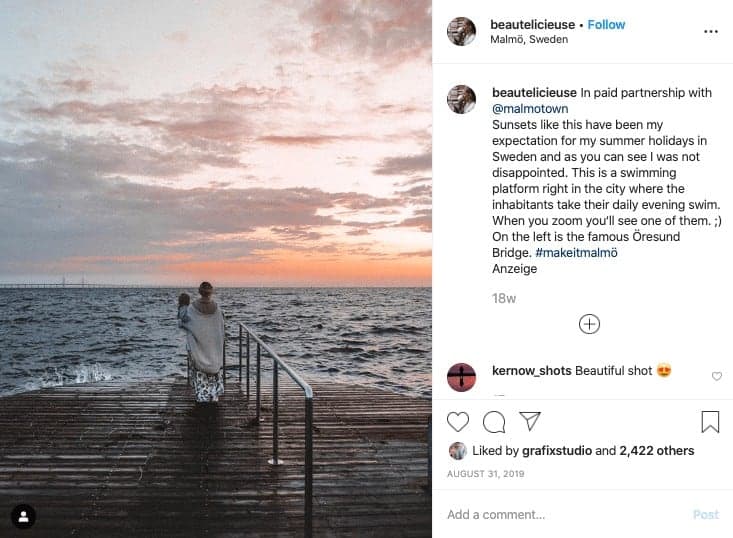
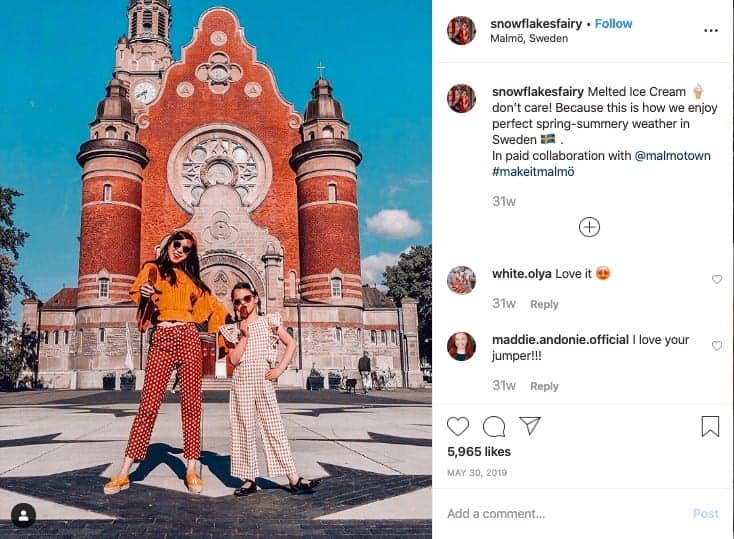
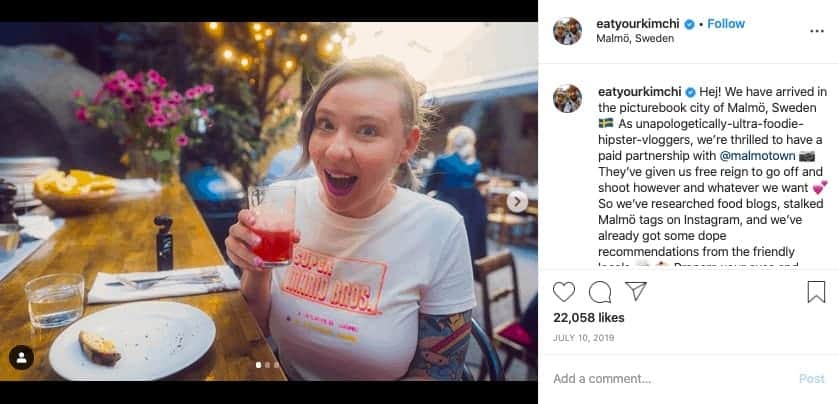
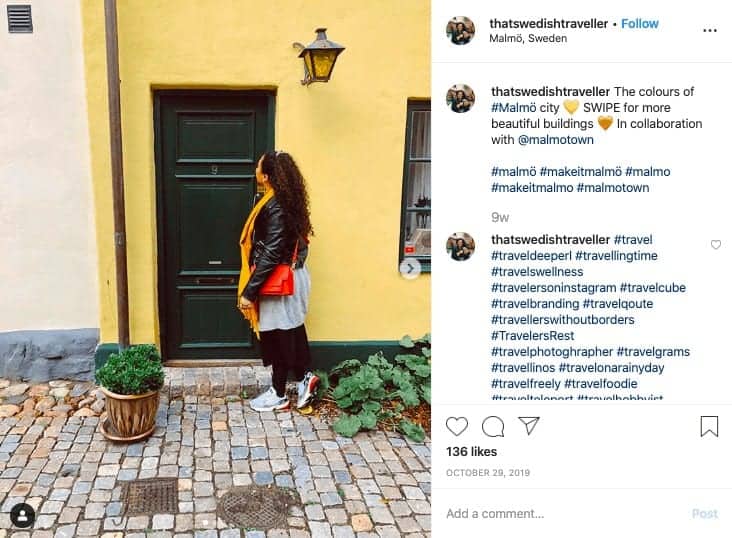
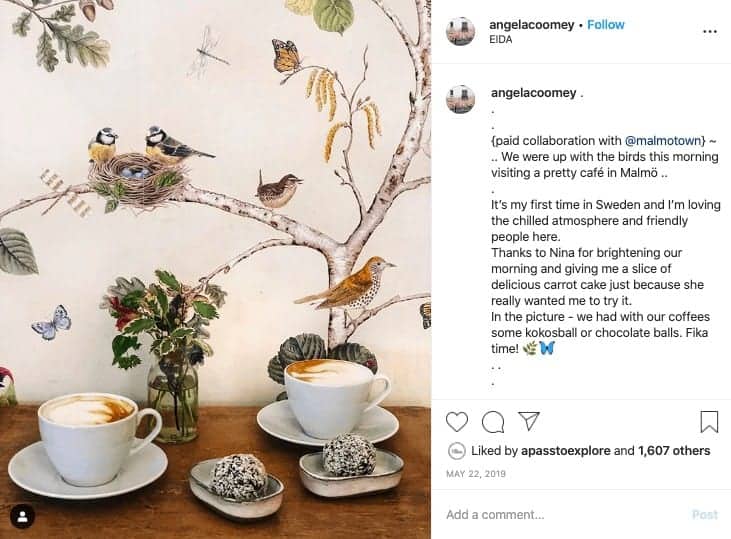
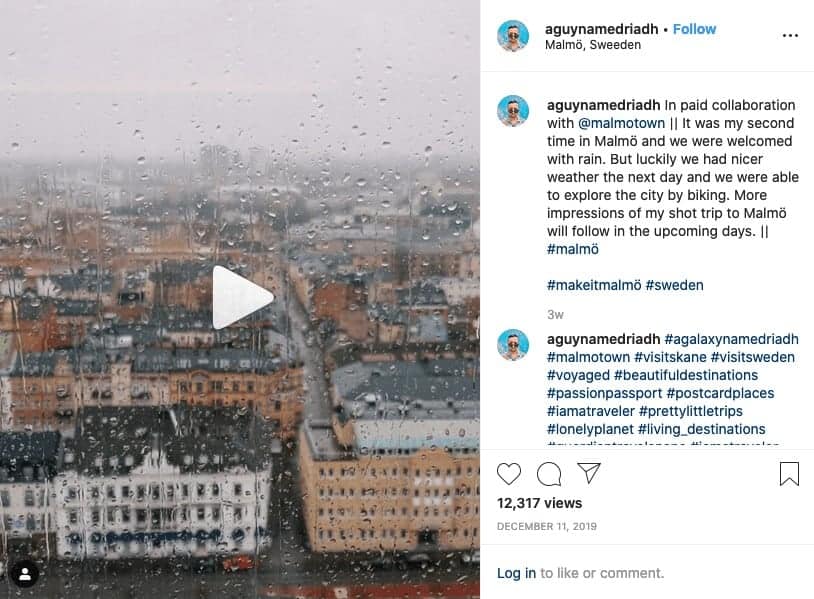
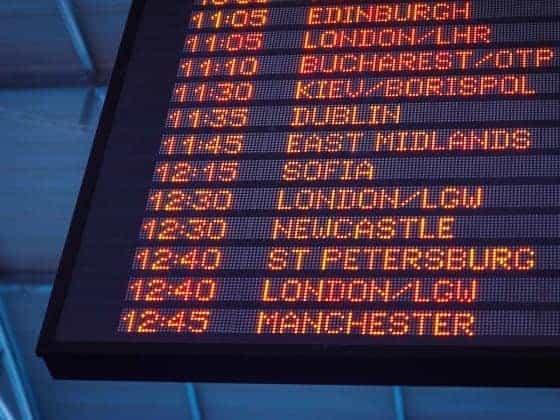
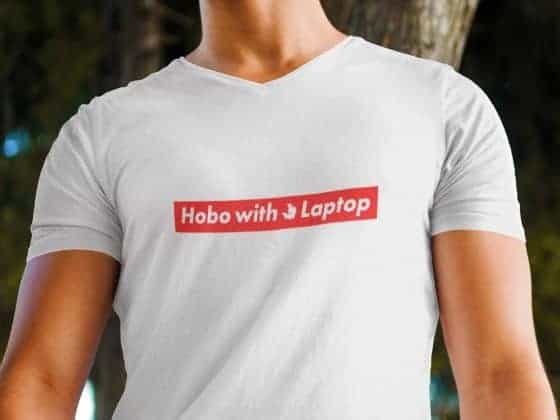
1 comment
As luck would have it, Nomadic Matt published an article on this subject today. In his article he also makes some great points relating to Saudi Arabia and influencer marketing;
“..taking money from a government is a lot different than paying your own way [..] travel is a political act, and taking government money can create the impression of tacit approval of it. So when a government offers to sponsor a trip, I think the question that needs to be asked is “Is this a government I want to appear to support?”